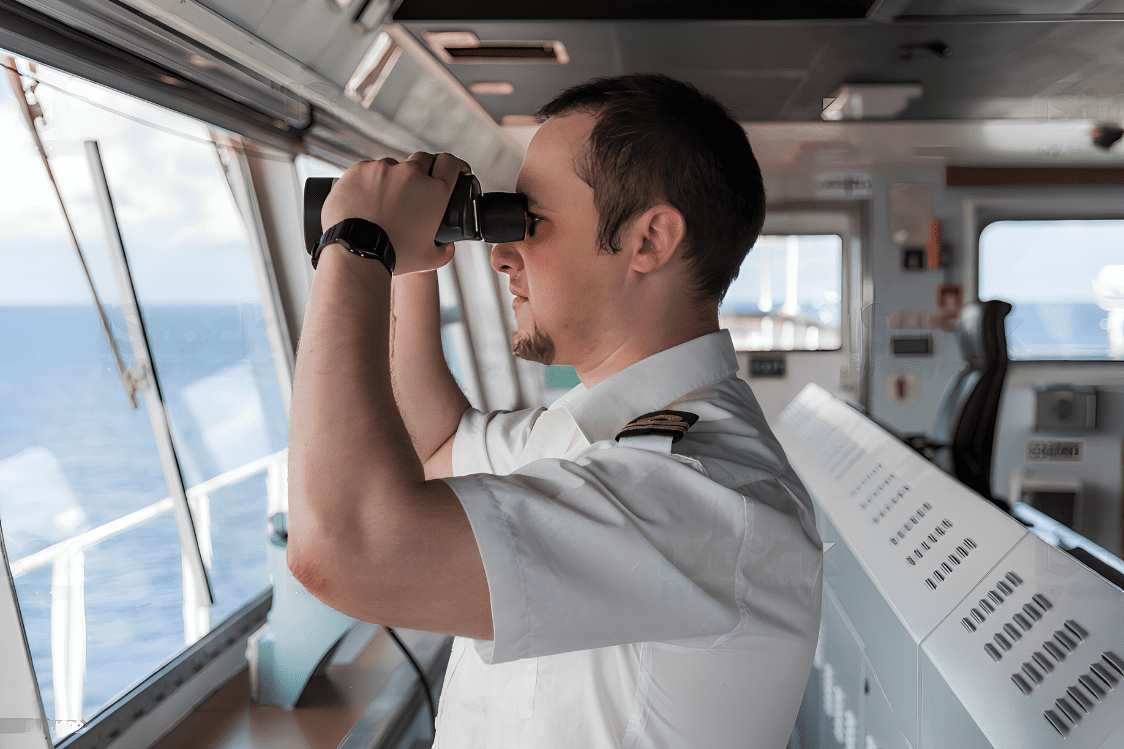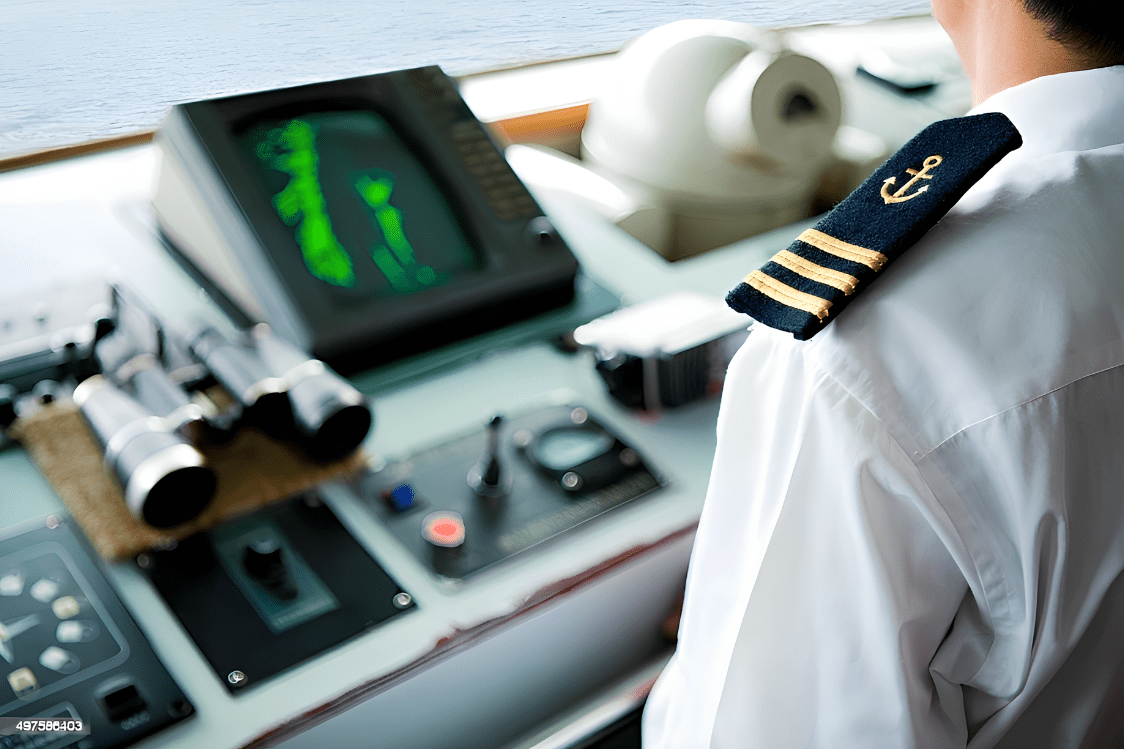Exploring Maritime Safety Training: A Comprehensive Overview of Courses and Requirements

Posted on Aug 21, 2024 at 07:08 PM
Maritime safety and security are paramount aspects of the shipping industry, influencing not only the well-being of the crew and other people onboard but also the integrity of vessels, the safety of cargo, and the protection of the marine environment. Maritime safety training from an accredited institute teaches you to keep safe while offshore.
This article is your personal guide to maritime safety training opportunities and how you can use them for risk prevention
Understanding the Importance of Maritime Safety Training
There are various reasons why maritime safety training is important. Accidents at sea cause loss of lives, and extensive environmental damage besides the economic losses that the companies involved are likely to suffer. Maritime personnel must be trained sufficiently enough to deal with the risks that come with compliance with international laws and regulations as provided by the IMO and OSHA.
With the ever-increasing challenges affecting the industry such as piracy, cyber threats, and sustainability, the workforce in the maritime sector should be conversant with safety measures and how to handle incidents. The maritime safety training programs offered by London Maritime Academy offer intensive education explaining these complexities, enabling individuals to improve proficiency and quality and protect and rescue their organisations in an emergency.
Key Courses in Maritime Safety Training
Here’s a list of the best maritime safety training programs:
Designated Person Ashore (DPA)
The Designated Person Ashore (DPA) course focuses on the basic yet crucial role of the DPA in ship safety and management systems. This course emphasises effective communication between ships and shipyard personnel while ensuring compliance with the International Safety Management (ISM) regulations.
Participants will learn the occupational skills needed to implement safety management practices and conduct internal health audits. Training in the DPA role fosters a safety culture within organisations by helping all workers understand their responsibilities in maintaining safety and compliance.
Essentials of Marine Incident Analysis and Response
The Essentials of Marine Incident Analysis and Response course prepares participants to respond adeptly to maritime incidents. It covers a variety of topics like incident analysis, root cause identification, and the development of effective response strategies that ensure survival.
Through practical exercises and scenario-based learning, mariners gain hands-on knowledge and experience in creating valid response plans and conducting post-incident evaluations. This course empowers maritime professionals to manage emergencies efficiently, enhancing overall safety in pilotage and port operations.
ISPS Code: Company Security Officer (CSO)
With rising threats to maritime security, understanding the ISPS Code is essential. The ISPS Code: Company Security Officer (CSO) course teaches teams to fulfil the security responsibilities required for shipping companies effectively.
This entry-level course includes developing security plans, conducting assessments, and implementing risk mitigation strategies. By emphasising compliance and proactive measures, participants are better prepared to protect marine operations and respond to potential security threats and hazards.
Marine Accident Investigation Procedures
Understanding how to investigate accidents is crucial for improving safety. The Marine Accident Investigation Procedures course provides students with techniques for conducting thorough operational investigations to ensure safety in the workplace.
Training includes evidence collection, analysis, interviewing techniques, and report writing. The course also addresses the legal implications of investigations and the importance of transparency. By equipping maritime professionals with these critical skills, this course contributes to reducing future incidents and enhancing safety standards.

What do you get from maritime safety training?
In addition to professional knowledge on how to keep a vessel safe and provide basic aid when there is a need for one, a maritime safety training program offers a wide range of benefits, here are a few:
- Flexibility: you can take your class online or in a classroom, and you can also choose the level of depth you prefer your classes to be. Do you want elementary knowledge or are you looking for more advanced aspects of maritime security?
- Education designed for employment: do you want to learn what kind of knowledge meets the global maritime sector requirements? With these training programs, you'll work in cooperation with industry experts who will teach you how to meet your job description and where exactly you should spend your efforts to get approved.
- A globally recognized certification: earning a certificate to prove your skills is the main benefit of these training programs, once you've completed all the modules, you'll have a certificate of experience that can help you join the largest companies immediately
Investing in maritime safety training is vital not only for meeting regulatory requirements but also for fostering a culture of safety and preparedness critical for sustainable maritime operations. With training opportunities available in various international locations, LMA makes maritime safety training accessible to professionals worldwide.




